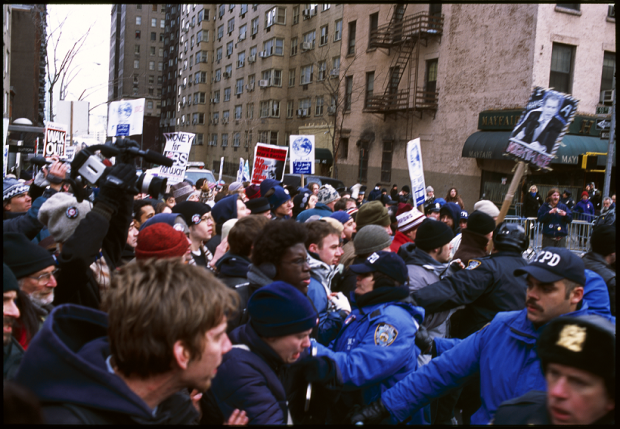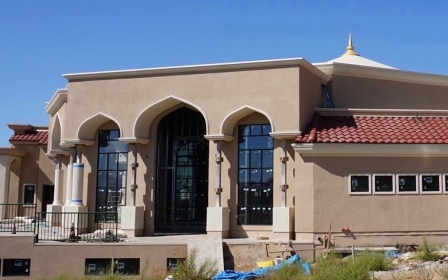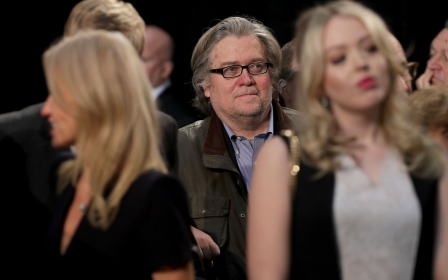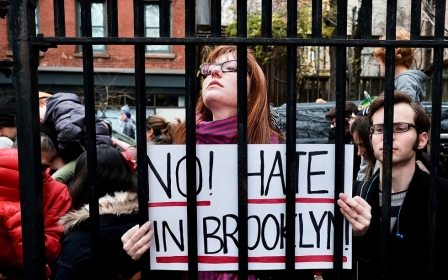Bring on the protests, America
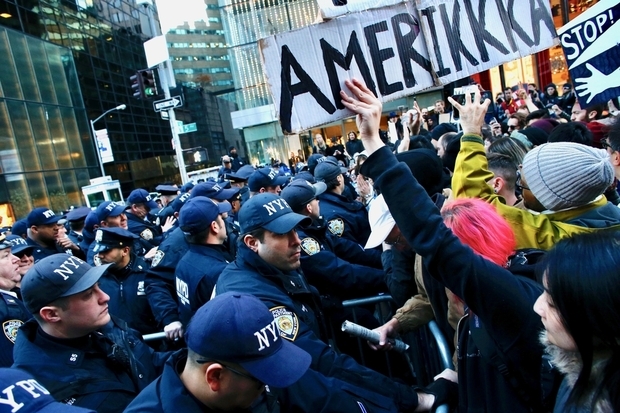
In the days after Donald Trump's shock victory in the US, I had a thought-provoking, somewhat comical conversation on one of my Whatsapp groups about the usefulness of anti-Trump protests in the US.
“Hey Americans?”, Hannah, my cousin in Toronto posted, in reference to our cousin, Shaan, and his wife, Mona, who had moved from Canada 21 years ago to settle in Virginia, DC. “It’s stupid that this Trump stuff is still going on. The protests, etc. WTF? It’s scary that Americans are acting like poor third-world nations.”
Shaan: “What? Americans have always loved protesting. It’s built into our constitution. Freedom of assembly and freedom of expression and freedom to dissent!”
Hannah: “Yes, but not protesting about the presidency. He was fairly elected… by the electoral college.”
Shaan: “Yes he was. Protesters are not disputing that. They are expressing their discontent with who he is. You’ll see… Let them raise the price of poutine in Canada and you’ll see people out there protesting in the thousands.”
Hannah: “We are Canadian. We do not protest… We would say ‘Sorry’.”
Mona: “The purpose of the protests is not to refute the outcome of the election. That ship has sailed. The protestors are letting the new establishment know that we are a force to be reckoned with and that we will never tolerate laws that compromise our civil liberties.”
Sending messages, creating connections
I watched the conversation play out and felt a bit on the fence. While comparing US President-elect Donald Trump to autocratic leaders like Egypt’s Hosni Mubarak and Syria’s Bashar al-Assad during the Arab Spring protests in 2011 was a far stretch, I could see Hannah’s point in how futile the demonstrations seemed.
When thousands of people mobilise in one space, they’re doing so much more than just releasing their anger – they’re taking part in a healthy democracy
But there’s something about public protest. When thousands of people mobilise in one space, they’re doing so much more than just releasing their anger – they’re taking part in a healthy democracy. And in doing so, they’re sending a strong message to their children, their critics, and to the rest of the world: "We will not tolerate injustice."
Public protest also helps create new connections and allies at a time when more and more people feel isolated. You can "like" and follow all the human rights and social justice campaigns you want on social media, but nothing creates real, genuine alliances and a feeling of collective solidarity the way marching in a rally does.
13 years later
My cousin’s exchange reminded me of the massive anti-Iraq war protests that I witnessed as a graduate student in central London back in 2003. February 15 was described by researchers as “the largest march in human history” with an estimated six to 30 million people across 60 countries taking part.
After that day, New York Times writer Patrick Tyler claimed that the demonstrations showed there were two superpowers on the planet, the United States and worldwide public opinion. It definitely felt that way.
So I allowed myself to be swept in the euphoria, one of millions across the world who screamed out in angst for the British government not to invade Iraq on the pretext of “removing weapons of mass destruction” and “freeing the Iraqi people”.
They went in anyway – wreaking blood, carnage and even more terrorism that led in large part to the eventual birth of the so-called Islamic State (an admission Blair himself made last year).
But I was there to call it out. I was witness to a pivotal moment in history that forever changed the way I viewed people and government. And while that may not count for much in the eyes of those Iraqi people who suffered immeasurably, it will make a difference in the decisions made by future generations.
For the sake of our children and families, stay active and engaged on every level. If nothing else, it's an important first lesson in standing up for what you believe in
How do I know this? Because of the conviction I see now in my seven-year-old son. There’s a reason why he almost decided to do his one-minute public speech assignment earlier this year to "Why I would not vote for Donald Trump." (He instead opted for “Why I want to become the prime minister of Canada”).
Ali doesn’t know anything about public protest or the Iraq war - but he does know it’s our civic responsibility to speak out when something isn’t right.
So bring on the protests, America. The public rallies may have stopped, but there are many other effectual ways you can resist Trump - from supporting US civil liberties organisations to establishing sanctuary cities (pushing local government to not report people's immigration statuses to federal authorities). For the sake of our children and our families, stay active and engaged on every level.
If nothing else, it’s an important first lesson in standing up for what you believe in.
- Shenaz Kermalli is a Toronto-based journalist with an interest in geopolitics and human rights. She currently teaches journalism at Humber College in Toronto. Her writing has appeared in CBC News, The Globe and Mail, The Ottawa Citizen, The Toronto Star, The Guardian, Foreign Policy and Al Jazeera English, among others.
The views expressed in this article belong to the author and do not necessarily reflect the editorial policy of Middle East Eye.
Photo: New York police officers block demonstrators during protest against US president-elect Donald Trump in front of Trump Tower in New York City on Saturday (AFP)
Stay informed with MEE's newsletters
Sign up to get the latest alerts, insights and analysis, starting with Turkey Unpacked
Middle East Eye delivers independent and unrivalled coverage and analysis of the Middle East, North Africa and beyond. To learn more about republishing this content and the associated fees, please fill out this form. More about MEE can be found here.



